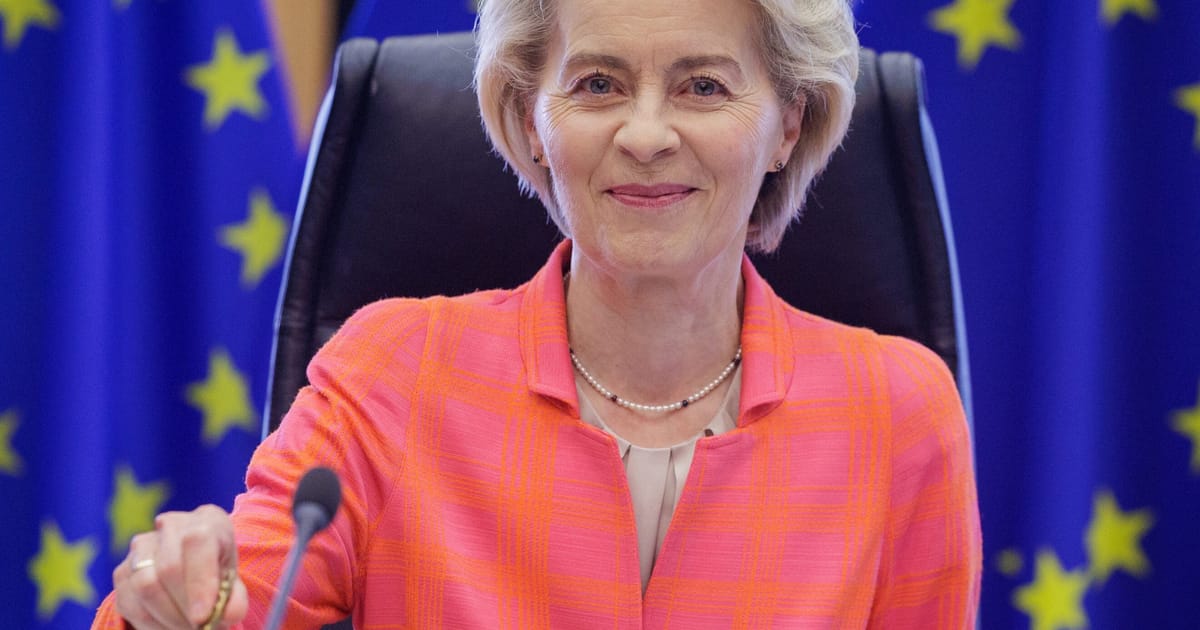

As the world of technology, trade, and education continues to evolve at a rapid pace, significant developments in these areas provide both challenges and opportunities for stakeholders. The subjects of international trade, educational policies, and technological advancements illustrate broader trends shaping contemporary society.
In the realm of international trade, the European Union (EU) is making strategic moves to reinforce transatlantic relations. European Commission President Ursula von der Leyen has expressed a commitment to finalize a trade agreement, ‘in principle’, by the deadline set by former US President Donald Trump. The EU aims to replicate the UK’s successful negotiations with the United States. This agreement signifies a step towards strengthening economic ties and cooperation between these two major economies, fostering a climate of mutual benefit and growth.
The educational landscape in England is undergoing transformative changes, particularly with the government’s decision to eliminate the existing school rating system. For 30 years, these ratings have not only informed parental choices but have also significantly influenced local property values. Ofsted’s Chief Inspector, Martyn Oliver, highlighted the ramifications of this decision, noting instances where property prices surged by £15,000 when nearby schools were rated ‘outstanding’. This shift aims to focus on holistic educational quality, though it introduces a degree of uncertainty in the real estate market, demonstrating the interconnected nature of education and housing.
In the technology sector, Nvidia, a leading chip manufacturer, is making headlines as it approaches a remarkable milestone in the global market. On a recent trading day, Nvidia’s market valuation soared to an impressive $3.92 trillion, positioning it on the brink of becoming the most valuable public company in history. This achievement underscores the pivotal role of technology in contemporary economies and affirms Nvidia’s influence in driving innovation, particularly in areas like artificial intelligence and graphics processing.
Each of these developments reflects broader economic and social currents. The EU’s focus on trade agreements signals a commitment to maintaining strong international partnerships, while the UK’s pragmatic negotiations serve as a model for balancing national interests with global cooperation. Meanwhile, England’s shift in school assessment policies highlights a commitment to refining educational quality and acknowledges the nuanced impact these policies have on communities. Similarly, Nvidia’s market performance emphasizes the technological sector’s critical role in shaping future economic landscapes.
While these changes present challenges, they also offer opportunities for growth and adaptation. Engaging with these developments mindfully allows for a deeper understanding of their potential impacts and benefits. International cooperation, educational reform, and technological advancement are hallmarks of progress, underscoring humanity’s ongoing journey toward a harmonious and prosperous future. As such, these stories serve as a reminder of the importance of adaptability, collaboration, and innovation in navigating today’s complex world.
Source: {link}
